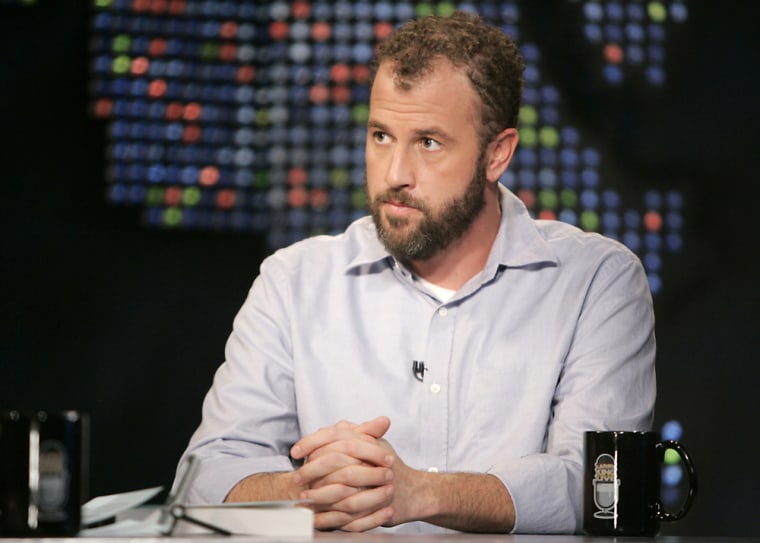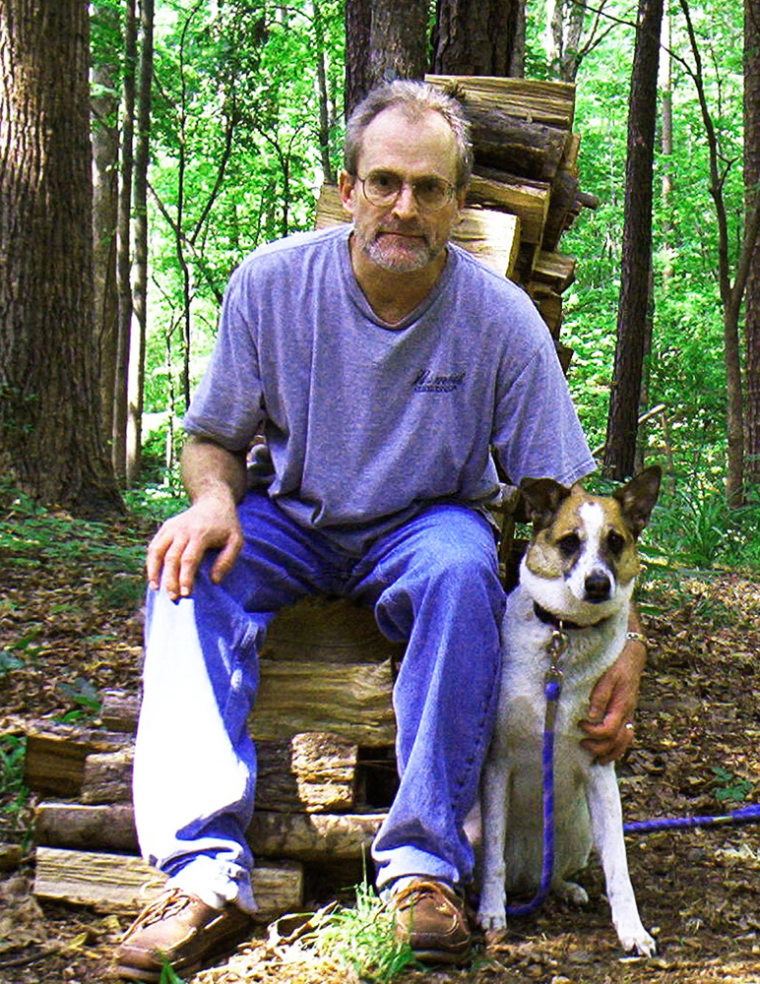Until Sunday night, Greg Mortenson was an unscathed hero. His charity, the Central Asia Institute, had built schools in Pakistan and Afghanistan. He was taking care of students who might otherwise have been ignored, especially girls. He had important friends at the Pentagon, and could raise huge amounts of money with ease. You could read all about his success in his memoir, “Three Cups of Tea.”
But on Sunday, “60 Minutes” took aim at Mortenson. The CBS news program visited 30 of the Central Asia Institute’s 54 schools in Afghanistan, and found about half to be empty, built by someone else, or critically lacking funds. The show even cast doubt on the moving tale of Mortenson’s inspiration. He says he stumbled into a village in rural Pakistan in 1993, lost in the mountains, feeling ill, and that when the people there nursed him back to health, he promised them a school in return. In fact, he may not have visited that village, Korphe, until a year later, said the report. Moreover, he may never have been lost on the slopes of K2, the world’s second tallest mountain.
Yesterday, Mortenson’s publisher, Viking, announced it would conduct a review of the book, which has sold millions of copies. The charges of deceit are by now all too familiar. Whatever truth exists in Mortenson’s book has now been obscured by alleged falsehoods, and there are plenty of authors who have suffered the consequences of scrutiny. Here are a few of them.

1. James Frey
The most famous of recent memoir-fabricators is Frey, who was lambasted by Oprah Winfrey after he admitted his book "A Million Little Pieces" contained embellishments. The Smoking Gun called into question his dramatic account of hitting a police officer with his car while high on crack, as well as other details. Future editions of the book contained an apologetic note from Frey, and his career continued. Most recently, the film adaptation of his young adult novel "I Am Number Four" (a collaboration Jobie Hughes) hit screens in February.
2. Herman Rosenblat
After her trouble with Frey, Winfrey should have been on the lookout, but who could doubt Herman Rosenblat? His "Angel at the Fence: The True Story of a Love That Survived" told the emotional tale of how he survived Buchenwald thanks to a young girl who visited daily to pass him food through the fence. Years later, the two met again on a blind date in New York City, and married. It was "the single greatest love story" Winfrey had ever told on the air, the talk show host proclaimed. Unfortunately, it wasn't actually how Rosenblat met his wife, though he was a concentration camp survivor. Ultimately, the book was cancelled.
3. Margaret Seltzer Writing under the pen name Margaret B. Jones, Seltzer penned a memoir about growing up in the rough neighborhood of South Central Los Angeles, where she ran drugs for the Bloods. She even described how her foster-brother Terrell was gunned down outside their home. But Seltzer never lived in foster care; she grew up in Sherman Oaks, far from the mean streets she described. She never sold drugs. She wasn't even half Native American, as her character claimed. In the end, her own sister called attention to the fiction.

4. Nasdijj Three separate memoirs by Nasdijj detailed his Navajo heritage, his bad parents, his days as a migrant worker and other tragic experiences. It all fell apart when LA Weekly published an article titled "Navahoax." Nasdijj was a guy named Timothy Patrick Barrus who had gotten his start writing erotica. Esquire, a magazine that had helped Nasdijj rise to fame, later described him as "a literary fraud perpetrated by a middle-aged white writer of gay pornography."
5. JT LeRoy Laura Albert didn't write fake books — she created an entire fake author. The novels she penned under the identity JT LeRoy were steeped in LeRoy's experience as an ex-drug addict and prostitute. LeRoy even showed up for interviews, played by Albert's friend Savannah Knoop in sunglasses and a wig. Eventually, LeRoy — er, Knoop — slipped up on minor details such as LeRoy's age, and the hoax ended. (Incidentally, Knoop published a memoir in 2008 called "Girl Boy Girl: How I Became JT LeRoy.")
6. Kaavya Viswanathan
Viswanathan's book wasn't a memoir, so she was allowed to make up anything she wanted. Unfortunately, she let someone else do the work. She wrote "How Opal Mehta Got Kissed, Got Wild, and Got a Life" when she was in high school, and in 2006 when she had enrolled at Harvard, the college's student newspaper revealed that passages were lifted directly from works by young adult novelist Megan McCafferty. That was just the beginning. "Opal" also contained lines similar to ones by Salman Rushdie, Sophie Kinsella and Meg Cabot. Viswanathan said the plagiarism was accidental, and her book was recalled.
7. Misha Defonseca
"There are times when I find it difficult to differentiate between reality and my inner world," Defonseca said in a statement after her 1997 book "Misha: A Memoire of the Holocaust Years" was revealed to be fake. It told the story of 6-year-old Misha, a Jew, wandering across Europe in the middle of World War II, living in the wilderness sheltered by packs of wolves. That part about the wolves raised some eyebrows, but Defonseca defended her work, at first. Then she admitted she was born Monique De Wael, was baptized Catholic and had spent the war safely in Brussels.